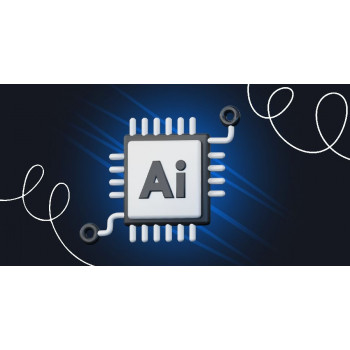Do Our Children Need Artificial Intelligence

In recent years, artificial intelligence (AI) has become an increasingly relevant topic in the educational field. The question arises: do schoolchildren and students really need AI to gain knowledge? Let's try to figure it out.
First of all, AI can significantly facilitate the learning process. For example, with the help of smart algorithms, students can receive personalized recommendations for materials based on their interests and level of preparation. This allows each student to find the most effective ways to understand complex topics. For example, if a student is having difficulty with mathematics, AI can offer additional resources, interactive tasks, or video lessons to help them understand the subject.
In addition, AI is able to provide instant feedback. In traditional education, teachers may not have enough time to check all homework, while AI systems can instantly evaluate the results of tests and exams. This allows students to immediately see their mistakes and work on them, improving their academic performance. For example, online platforms with AI can offer language tests where the result with explanations is provided in a matter of seconds.
However, we should not forget about the risks associated with the use of AI. One of the main concerns is the possible decrease in critical thinking in students. If students rely too much on automated systems, they may stop developing their own analytical and problem-solving skills. To prevent this, it is important that AI is used as an auxiliary tool, and not as the only source of knowledge. It is important to teach students to use AI in tandem with traditional teaching methods.
Another aspect is the availability of technology. Not all schoolchildren and students have equal access to the Internet and AI devices. This creates the risk of deepening social inequality in education. Therefore, it is important for educational institutions to provide access to these technologies for all students.
Thus, it is safe to say that artificial intelligence has great potential in education. It can improve the learning process, make it more interactive and personalized. However, to achieve maximum effect, a reasonable combination of traditional teaching methods and new technologies is needed, as well as ensuring equal access to educational resources for everyone. AI is not a panacea, but it is certainly a useful tool that can significantly enrich the educational experience of schoolchildren and students.
